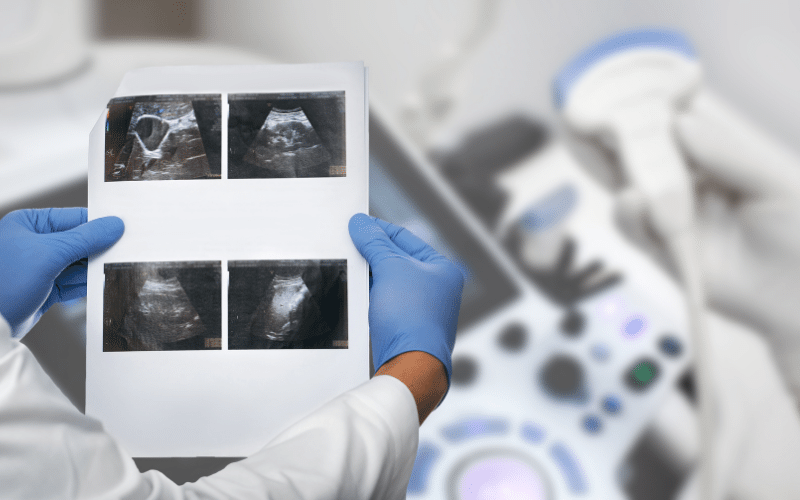Fact 14: Concern Over Gallbladder Polyps

A gallbladder polyp is essentially a growth that emerges from the lining of the gallbladder walls. These polyps can vary in size, and while most of them are benign (non-cancerous), there’s always a concern about the potential for malignancy, especially with larger polyps. The discovery of polyps often leads to a slew of questions and worries, primarily because they can sometimes be a precursor to gallbladder cancer, although this is relatively rare.
Gallbladder polyps are typically found incidentally. What this means is that when a person undergoes an imaging test like an ultrasound for a different issue, a polyp might be identified. Most individuals with gallbladder polyps don’t exhibit any specific symptoms linked to the polyps themselves. However, their presence often merits further investigation to rule out malignancy or other associated complications.
Not all gallbladder polyps are created equal. Their size is a significant factor in determining the next steps in management. Smaller polyps, those less than 1 cm in diameter, are usually benign and might not require intervention. However, larger polyps, especially those growing rapidly, may need more aggressive monitoring or even surgical removal due to the increased risk of cancer.
While gallbladder polyps in themselves might not directly cause cholecystitis, the presence of polyps can complicate the gallbladder’s health landscape. A gallbladder already predisposed to inflammation or gallstones might react differently if polyps are in the picture. Moreover, procedures or surgeries to address polyps can sometimes lead to inflammation, further intertwining the narrative of polyps and cholecystitis.
If polyps are detected, the course of action largely depends on their size and characteristics. Regular monitoring through ultrasounds might be recommended to track their growth. If there’s any suspicion of malignancy, or if the polyps are large, surgery to remove the gallbladder might be suggested. As always, individualized care and a thorough discussion with healthcare providers are essential. (14)